18 March 2025
Picture this: You’re grinding through your favorite multiplayer game, working as a team with your friends or strangers online. You’ve got the tank charging ahead, the healer keeping everyone alive, and the damage-dealer delivering those sweet, game-changing hits. But it’s not just about the roles or stats, is it? It’s about how these characters — and by extension, the players controlling them — connect on a deeper level. That, my friend, is character chemistry, and it’s the unsung hero of multiplayer gaming.
In this article, we’re diving headfirst into why character chemistry is crucial in multiplayer games. I’m not just talking about how characters work mechanically, though that’s important too. I mean the emotional and strategic dynamics that make teamwork not only effective but also exciting.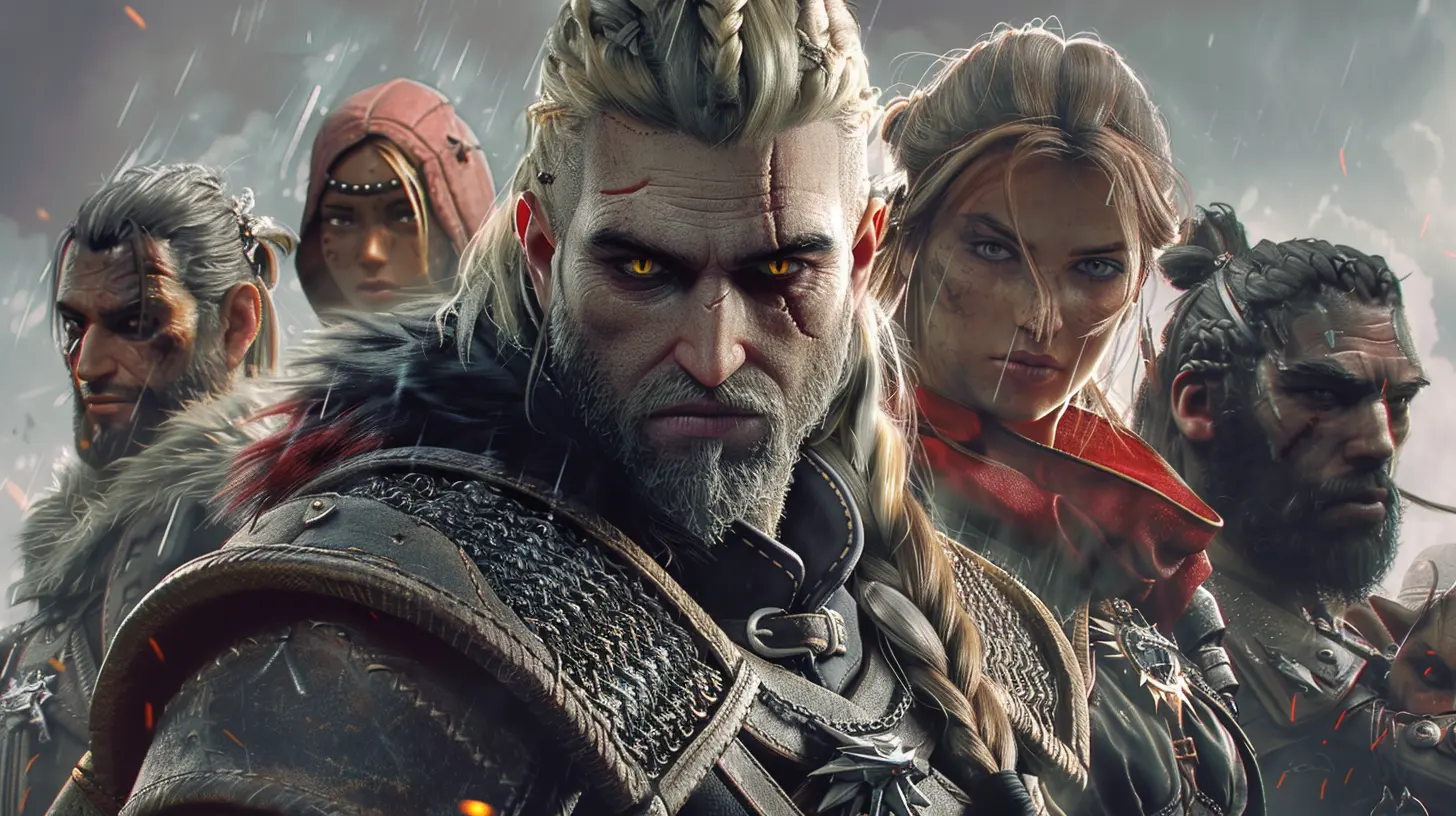
What Is Character Chemistry in Multiplayer Games?
Let’s break it down. Character chemistry refers to how well characters in a game complement each other’s abilities, personalities, and roles. It’s like baking a cake. You can’t just toss flour, eggs, and sugar into a bowl and hope for a masterpiece. You need balance, the right proportions, and maybe a dash of flair to make it work. Similarly, in multiplayer games, the synergy between characters can mean the difference between victory and a frustrating defeat.It’s not just about stats or abilities meshing well. It’s about creating a team dynamic that feels natural, where everyone has a role to play, and where the whole is greater than the sum of its parts. Without this, multiplayer games can feel flat or disjointed.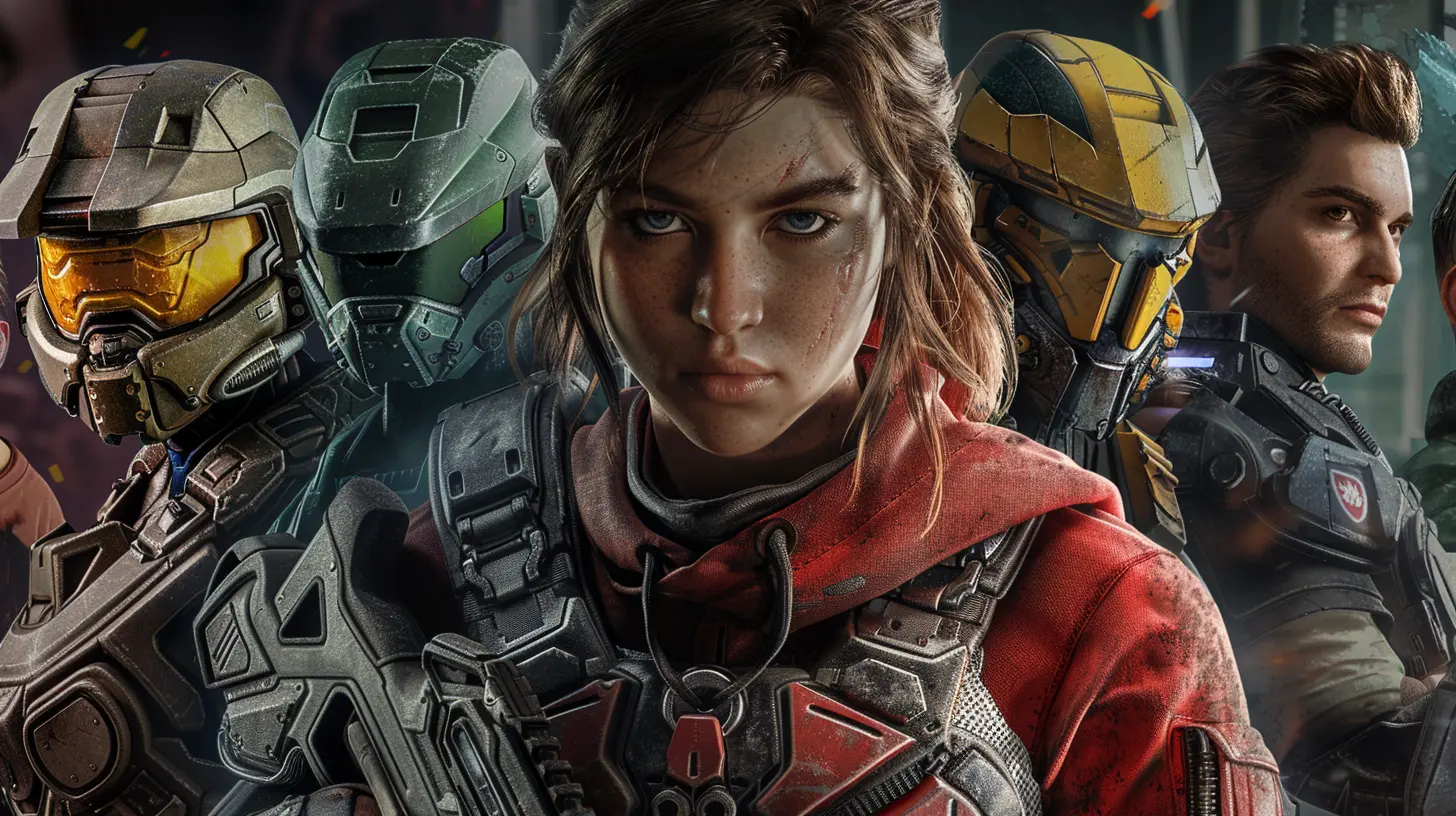
Why Does Chemistry Matter?
Ever tried playing a game where one character hogs all the glory and the rest feel like glorified sidekicks? It’s like watching a movie where the lead actor overshadows everyone else. Not fun, right? That’s where character chemistry swoops in to save the day.1. It Enhances Teamwork
Good chemistry makes teamwork seamless. When characters are designed to complement each other, it’s easier for players to strategize and cooperate. Think of Overwatch’s Winston and Zenyatta. Winston leaps into the fray, drawing enemy fire, while Zenyatta supports from the backline with healing and damage buffs. It’s a beautiful symphony of chaos and control.When the game encourages players to rely on each other’s strengths, it fosters a sense of unity. This not only improves performance but also makes the game more enjoyable for everyone involved.
2. It Creates Memorable Moments
Let’s be real — no one remembers the match where everyone played solo and ignored the objectives. But that clutch rescue by your healer while your tank held the enemy back, allowing the sniper to land that game-winning shot? Those moments stick with you. They make you want to jump back into the game again and again.Character chemistry is the spark that creates these unforgettable moments. It’s the magic that turns a good game into a great one.
3. It Encourages Player Engagement
When characters feel connected and their interactions are meaningful, players are more likely to stay invested. Games like Apex Legends excel at this. The banter between characters isn’t just for show — it subtly reinforces their roles and relationships, making the gameplay feel more immersive.Engagement isn’t just about keeping players entertained; it’s about making them care. When you’re emotionally attached to the team dynamic, every win feels sweeter, and every loss feels like a learning opportunity.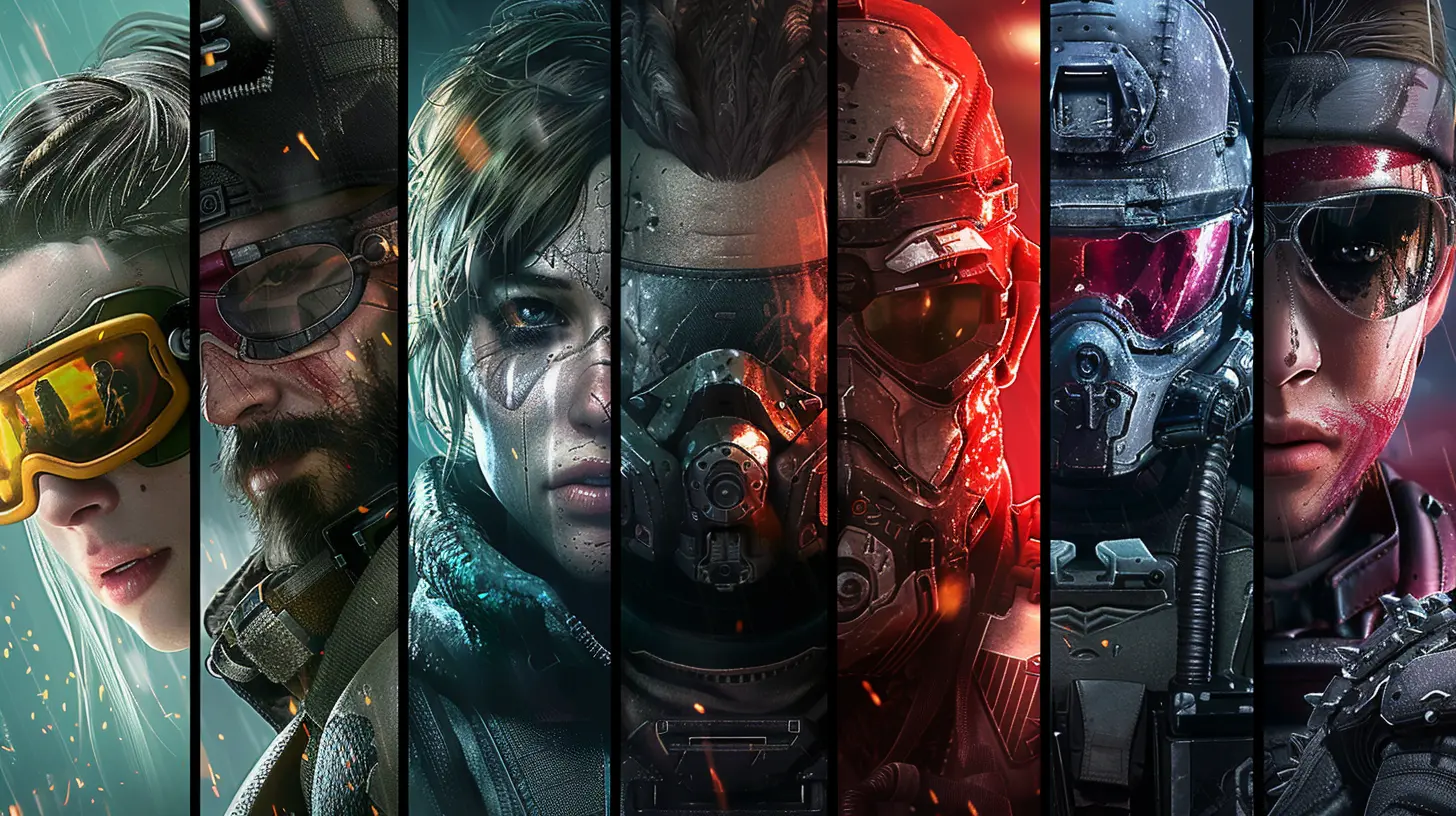
Examples of Great Character Chemistry in Games
Let’s shine a spotlight on some games that nail this concept.1. League of Legends
In League of Legends, champions are designed with synergy in mind. A support like Thresh pairs beautifully with an ADC (Attack Damage Carry) like Jinx. Thresh’s hooks and lanterns create opportunities for Jinx to secure kills and escape sticky situations. The game thrives on these intricate pairings, turning duos into dynamic powerhouses.2. Valorant
Valorant's character chemistry is built around abilities that amplify team success. Sage’s wall and healing abilities can buy time for teammates like Jett to execute high-risk, high-reward plays. Each agent is a cog in the machine, and the machine doesn’t work unless everyone does their part.3. Fortnite (Team Modes)
Fortnite may be known for its battle royale chaos, but its team modes highlight the importance of chemistry. Pairing a marksman with a builder can lead to clutch plays where one player constructs cover while the other picks off enemies. It’s a simple yet effective way to showcase character synergy.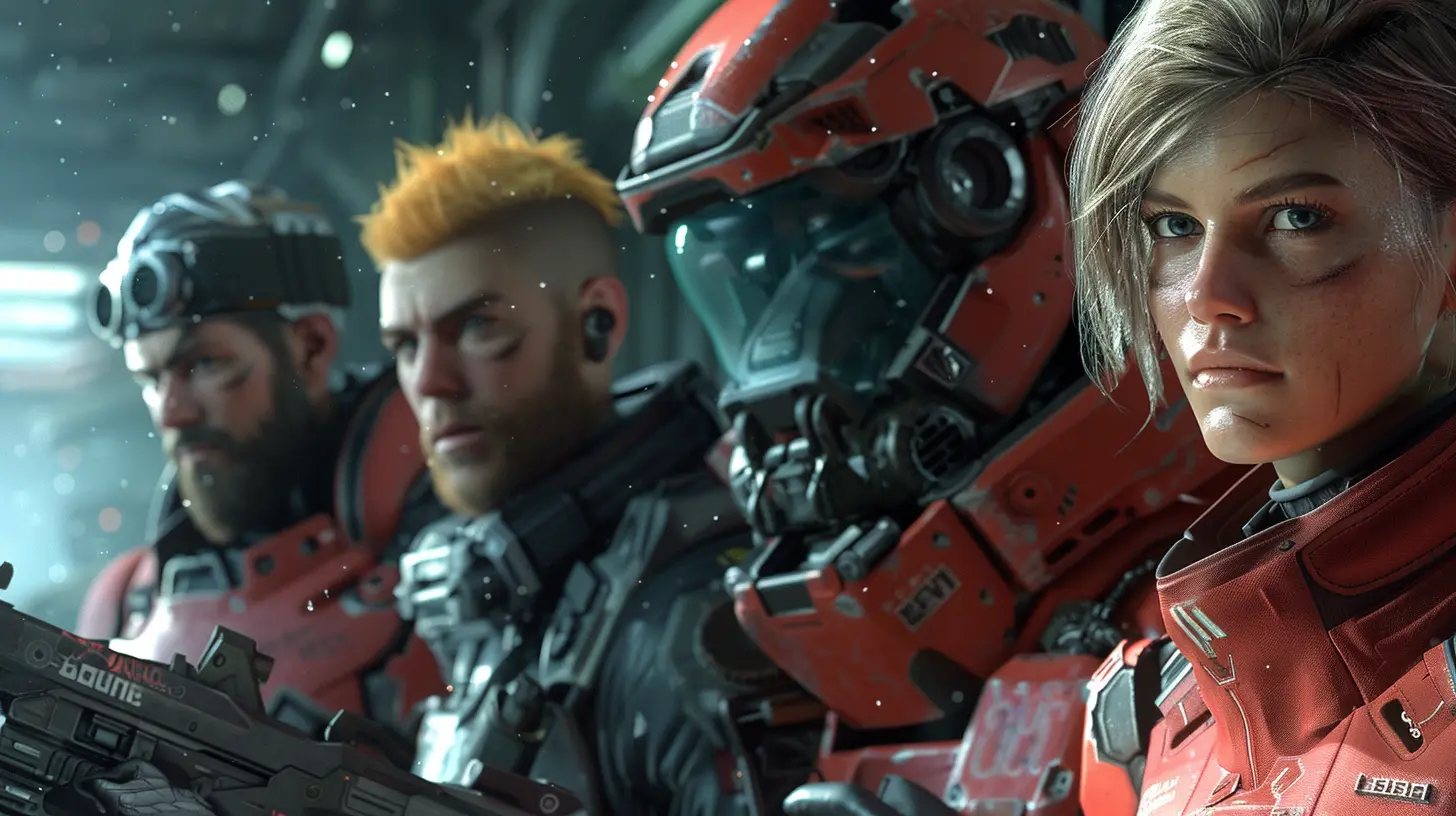
How Game Developers Foster Character Chemistry
Game developers don’t just stumble upon great character chemistry — it’s intentional. They use several strategies to create this magic.1. Role Diversity
Developers ensure characters serve specific purposes, like healing, tanking, or dealing damage. This creates natural dependencies among players. Without role diversity, every player would be a lone wolf, and that’s no fun.2. Complementary Abilities
Abilities that feed off one another make characters feel like puzzle pieces that snap together. For example, think of how Ana’s sleep dart in Overwatch can immobilize an enemy, making them an easy target for her teammates.3. Narrative Ties
In some games, like Apex Legends, the chemistry isn’t just mechanical — it’s built into the story. Characters have histories, rivalries, and alliances that bleed into their gameplay interactions, making the experience richer and more immersive.What Happens When Chemistry Is Lacking?
When character chemistry is missing, games can feel disjointed. Players might feel like they’re not part of a cohesive team, which can lead to frustration and disengagement.Imagine trying to play a co-op game where everyone has the same abilities and there’s no real need to cooperate. It’d be like playing soccer where every player is a goalie. Sure, you can technically play, but where’s the fun in that?
How Players Contribute to Character Chemistry
Let’s not forget — players are half of the equation. Even the most well-designed characters can’t create chemistry if players don’t communicate or work together. Ever had a teammate who refused to play their role? Yeah, it’s infuriating.Here are some ways players can foster chemistry:
- Communicate: Use voice or text chat to coordinate strategies.
- Adapt: Be willing to switch roles or characters to better suit the team’s needs.
- Support Your Team: Don’t just chase personal glory. A win is a team effort.
When players buy into the idea of teamwork, they amplify the chemistry that the game’s developers worked so hard to create.
The Future of Character Chemistry in Multiplayer Games
With advancements in AI and machine learning, we’re likely to see even more nuanced character interactions in the future. Imagine characters that adapt dynamically to the way you and your teammates play. The possibilities are endless, and gaming is only getting better at making us feel connected — both to the game and to each other.Wrapping Up: Why Character Chemistry Matters
At the end of the day, games are about connection. Whether it’s connecting with other players or the characters we play, chemistry is what keeps us coming back. It’s the secret ingredient that turns gaming from just a hobby into a shared experience full of laughs, triumphs, and maybe a little trash talk.So, the next time you’re in a match, take a moment to appreciate the chemistry between your character and your team. After all, gaming is better together.


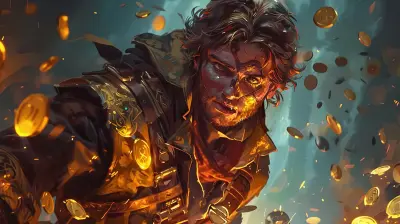
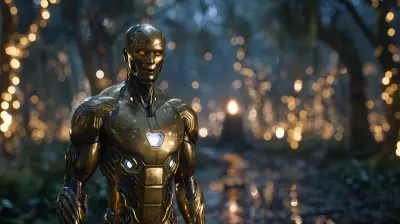
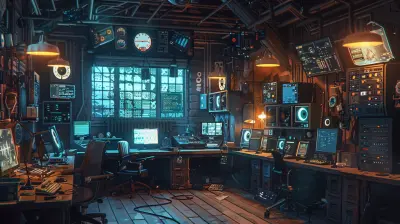
Halle Williams
Character chemistry enriches multiplayer experiences, fostering deeper connections and enhancing gameplay. Strong interactions between characters can elevate narratives and strengthen team dynamics, making every match memorable.
April 1, 2025 at 4:03 AM